Understanding the USDA Eligibility Map for Oregon: A Guide to Rural Development Opportunities
Related Articles: Understanding the USDA Eligibility Map for Oregon: A Guide to Rural Development Opportunities
Introduction
With enthusiasm, let’s navigate through the intriguing topic related to Understanding the USDA Eligibility Map for Oregon: A Guide to Rural Development Opportunities. Let’s weave interesting information and offer fresh perspectives to the readers.
Table of Content
Understanding the USDA Eligibility Map for Oregon: A Guide to Rural Development Opportunities
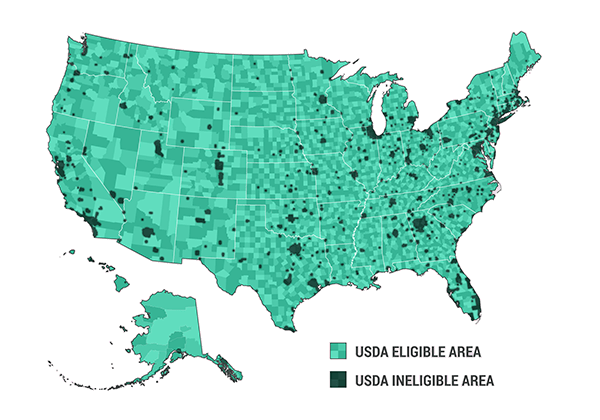
The USDA Rural Development program offers a range of financial assistance and technical support to promote economic growth and improve quality of life in rural areas. Determining eligibility for these programs is often the first step for individuals, businesses, and communities seeking to leverage these resources. This guide will delve into the USDA eligibility map for Oregon, clarifying its significance and providing insights into its application.
What is the USDA Eligibility Map?
The USDA eligibility map is a visual tool that delineates areas in the United States that qualify for USDA Rural Development programs. This map is based on population density, with areas considered "rural" typically having fewer than 50,000 residents. The map is regularly updated, and its boundaries can shift based on population changes and other demographic factors.
Navigating the USDA Eligibility Map for Oregon
Oregon, with its diverse landscapes and rural communities, presents a complex landscape for understanding USDA eligibility. The map reveals a patchwork of eligible and ineligible areas, highlighting the importance of careful analysis.
Accessing the Map:
The USDA Rural Development website provides a comprehensive online mapping tool. Users can explore the map by county, state, or zip code, offering a detailed visual representation of eligible areas within Oregon. The map also includes data layers that can be toggled on and off, allowing users to overlay different criteria, such as population density, poverty levels, or proximity to urban areas.
Understanding Eligibility Criteria:
While the USDA eligibility map provides a general overview, it’s crucial to understand the specific eligibility criteria for each program. Factors beyond population density can influence program access. These may include:
- Income levels: Some programs have income limits for eligible participants.
- Business type: Specific programs cater to particular industries or sectors within rural communities.
- Project location: Certain projects may be eligible only if they are located in designated rural areas.
Key Benefits of USDA Eligibility in Oregon:
The USDA Rural Development program offers a wide range of benefits to eligible individuals, businesses, and communities in Oregon. These include:
- Financial assistance: A variety of loan programs are available for homeownership, business development, infrastructure improvement, and more.
- Technical assistance: The USDA provides expert guidance and support in areas like business planning, economic development, and community outreach.
- Grant opportunities: Grants are available for projects that benefit rural communities, such as housing rehabilitation, community facilities, and rural infrastructure development.
- Economic development: USDA programs can stimulate economic growth by supporting new businesses, expanding existing industries, and creating job opportunities in rural areas.
- Community improvement: USDA programs can help improve quality of life in rural communities by supporting housing, infrastructure, education, and healthcare initiatives.
FAQs about the USDA Eligibility Map for Oregon:
Q: What if my property is located on the border of an eligible and ineligible area?
A: The USDA eligibility map uses precise geographic boundaries. Contact the USDA Rural Development office to determine eligibility based on your property’s exact location.
Q: How often is the USDA eligibility map updated?
A: The map is updated regularly to reflect changes in population density and other relevant data. Check the USDA website for the most current version.
Q: Are there any specific programs that are more likely to be available in Oregon?
A: Oregon’s diverse rural landscape makes it eligible for a variety of programs. Programs related to agriculture, forestry, and tourism are often particularly relevant.
Q: What resources are available to help me navigate the USDA eligibility process?
A: The USDA Rural Development website provides extensive information, including contact details for local offices, program descriptions, and application guidelines. You can also contact the USDA Rural Development office in Oregon for personalized assistance.
Tips for Utilizing the USDA Eligibility Map for Oregon:
- Use the map as a starting point: The map provides a general overview of eligibility, but it’s essential to verify specific program criteria.
- Contact the USDA Rural Development office: Seek guidance from local USDA representatives to understand eligibility requirements and explore program options.
- Gather necessary documentation: Be prepared to provide supporting information, such as income verification, business plans, and project proposals.
- Explore multiple programs: The USDA offers a range of programs, and exploring various options can help you find the best fit for your needs.
Conclusion:
The USDA Eligibility Map for Oregon is a valuable tool for identifying potential opportunities for economic growth and community development in rural areas. By understanding the map’s intricacies and leveraging the resources available through the USDA Rural Development program, individuals, businesses, and communities can access a wide range of benefits that contribute to a thriving rural economy. With careful planning and collaboration, these opportunities can help create a more prosperous and sustainable future for Oregon’s rural communities.
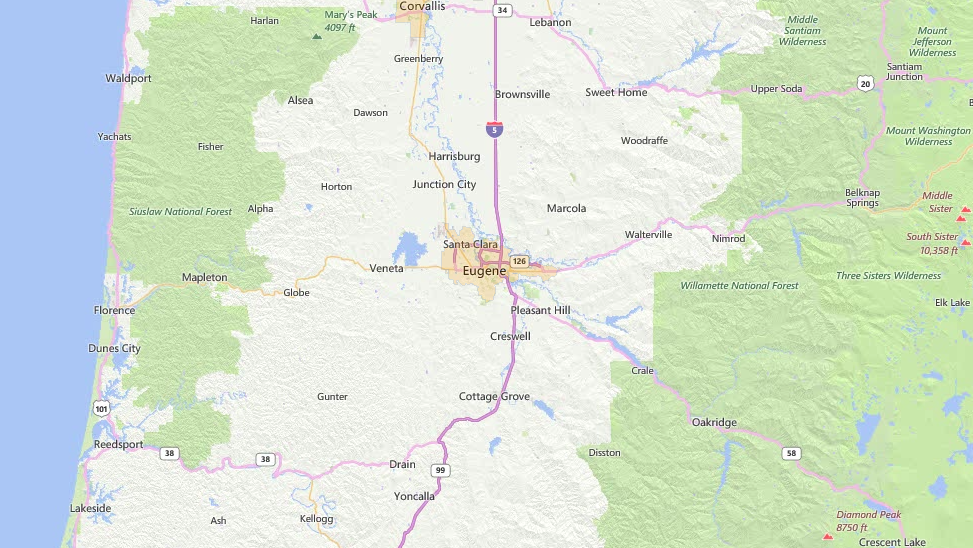
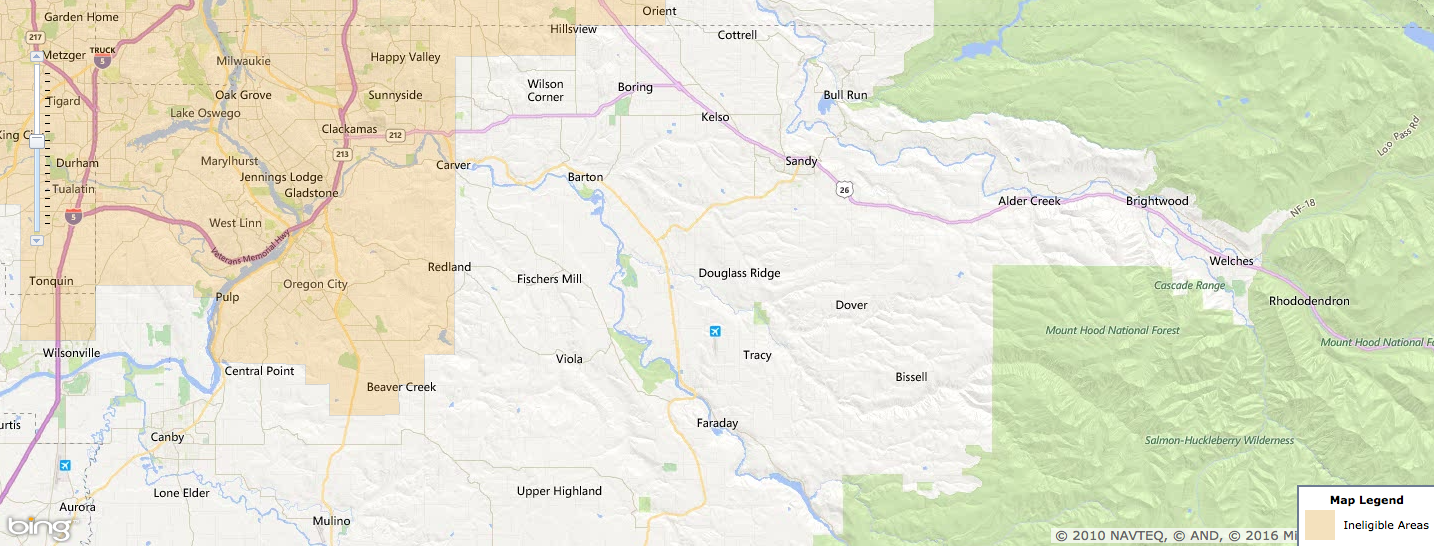
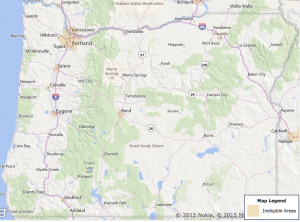

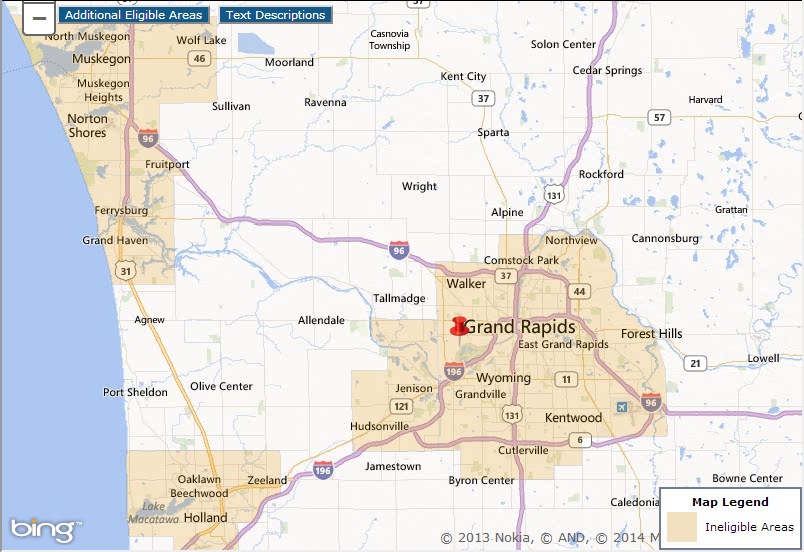


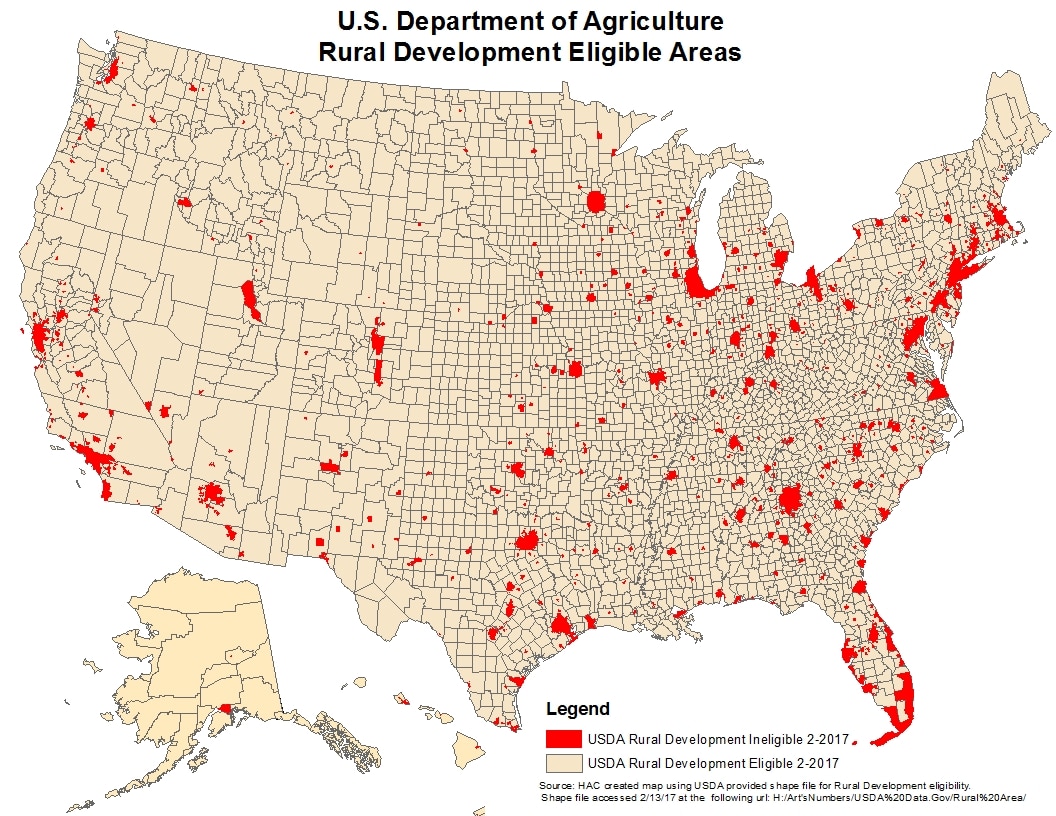
Closure
Thus, we hope this article has provided valuable insights into Understanding the USDA Eligibility Map for Oregon: A Guide to Rural Development Opportunities. We hope you find this article informative and beneficial. See you in our next article!